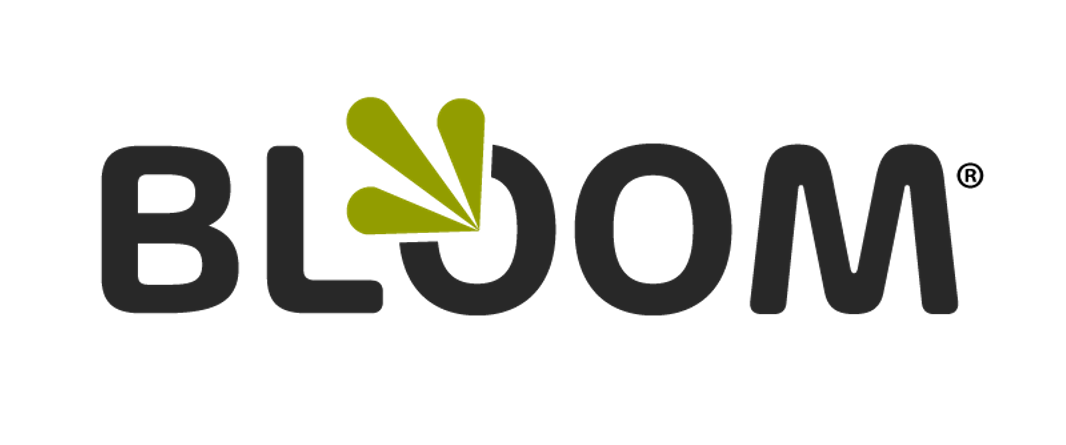Find the Right Person for the Job with The Whole Mind Interviewing Process
There are three parts of the mind
For centuries we’ve known that the human mind has three parts, unfortunately most recruiting and hiring processes forget this. Often personality assessments are misused as screening tools, resumes are overused, and interviews are only utilized for assessing whether employers “like” a candidate. None of these approaches provides actual information about how a person will perform. None provide relevant or reliable information as it relates to actual job performance.
Particularly for key positions it’s critical to assess all three parts of a candidate’s mind in order to understand how he or she relates to others, strives to perform, and thinks to process information. These three distinct areas can be assessed through a combination of affordable tools, verbal interviews, and assigned activities that are orchestrated during the recruiting process.
We have tested different tools and developed a base process for Whole Mind Candidate Assessment practices.
No process guarantees a successful hire. Every process is contingent on the availability of a continually fluctuating candidate pool. In addition, there may be major internal obstacles, such as a lack of readiness to internally accept a new person due to unstable cultural dynamics or having unrealistic and unaligned management expectations.
Increase your chances of successful selection
Our business turnaround services address such issues as an important parallel track to hiring. As a focused tactical process, our Whole Mind Assessment is comprehensive and gives you far more reliable information than “winging it.” Our process is important for developing an accurate profile of a future employee who will be meaningful to your organization, and is one we encourage for higher-level, key executives and leaders.
Some highlights of the Whole Mind process include:
1. Properly identify the role you need and compare expectations with peers and others who will interact with the role.
2. Complete phone interviews and Kolbe Indexes® before live interviews.
3. Target interview questions to be aligned to specific job expectations.
4. Complete personality and skill assessments before a second live interview.
5. Give a job-related assignment for finalists to complete and present the rationale for their solution.
6. Complete background checks and talk to references.
Our Philosophy
Many people find our practices to be unconventional because we address what others miss. For example, we use instinct tools to determine how a candidate operates in order to assess job fit rather than just looking at job history.
Hiring and training the wrong person costs an organization up to the amount of one year’s salary in time and expenses during the first year of employment. That’s why we do our best to challenge the integration of best selection and hiring practices.
The average person changes careers three times - and usually for the better. Often college degrees are chosen with little consideration for career satisfaction and personal fit. In light of this, we believe that the best candidates are often overlooked because Human Resources reviews a resume, but does not consider how a person will successfully perform. Just because a candidate started in another industry doesn’t mean that she won’t succeed in yours. In fact, knowledge transfer from other industries can be the purpose of gaining a strategic hire that brings you new innovative applications and fills voids of abilities in your organization. Additionally, people’s attitudes and interests change when they are doing what they enjoy.
These realities make it imperative to broaden your organization’s skills and abilities for assessing people.
